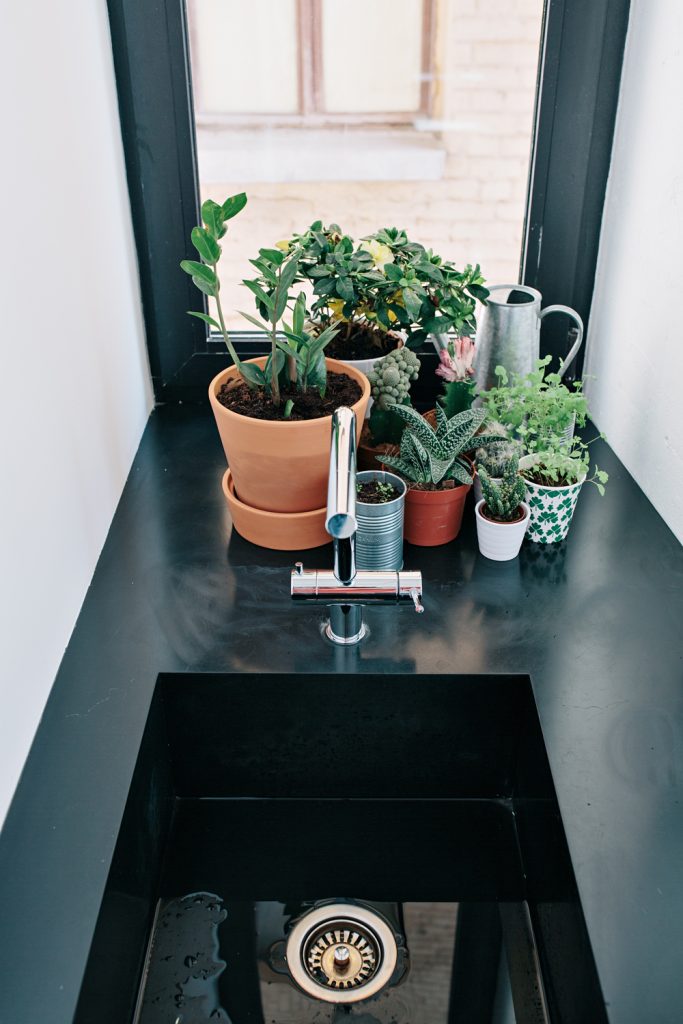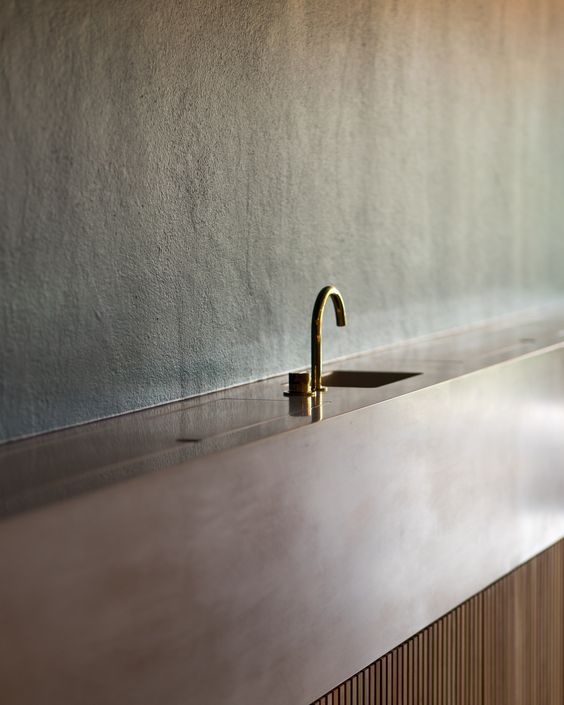
Top 11 Tips To Prevent Plumbing Emergencies In Your Home
The plumbing systems in your home is something you may not often think about and may take for granted. That is until it malfunctions or fails altogether. Functional plumbing is essential in so many ways: it affects the quality of the water you cook, bathe, and clean with. It also removes waste from the homes through septic systems. It prevents external water sources from getting into the home. And last but not least – it can protect people from natural disasters.

Plumbing issues can range from minor to catastrophic, and cause significant damage to a home if they’re not fixed quickly. A small leak or crack left unnoticed can quickly turn into a plumbing disaster and require the expert services of an emergency plumber to repair. Water damage in the home should be taken very seriously, but by taking simple preventive measures, you can often avoid the inconvenience and aggravation of having to deal with costly plumbing catastrophes.
To maintain a high-functioning plumbing system and keep things running smoothly, some basic steps can be taken to prevent emergencies.
11 Ways Of Averting Plumbing Disaster By Staying Ahead Of Plumbing Failures
1. Maintain The Condition Of Your Pipes
Water pipes aren’t built to last forever and can develop considerable damage due to rust, water, and corrosion, so older residential buildings need extra maintenance and may require re-piping to avoid leaks and bursts. Climate is another important factor since cold weather can cause pipes to freeze and then crack, which can lead to flooding in the home. This is because, when water freezes it expands, similar to how tin cans of soda explode in the freezer if left for too long.
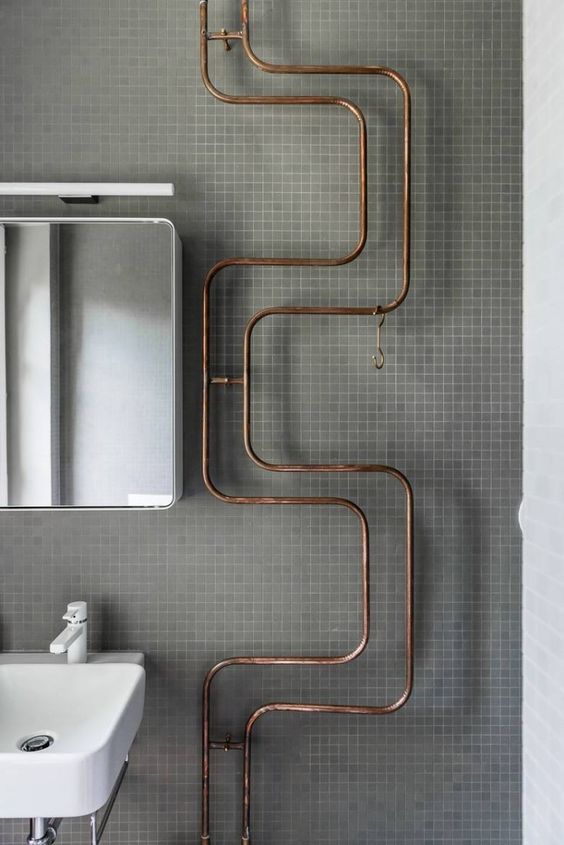
Weather-related damage can be prevented with proper pipe insulation, keeping the heat on and the thermostat at a consistent temperature during winter, and ensuring all doors to the outside are shut tightly. Additionally, be sure to check unheated parts of the home where there could be drafts, and seal cracks shut to prevent wind chill from coming in.
2. Protect Sink Drains From Blockage
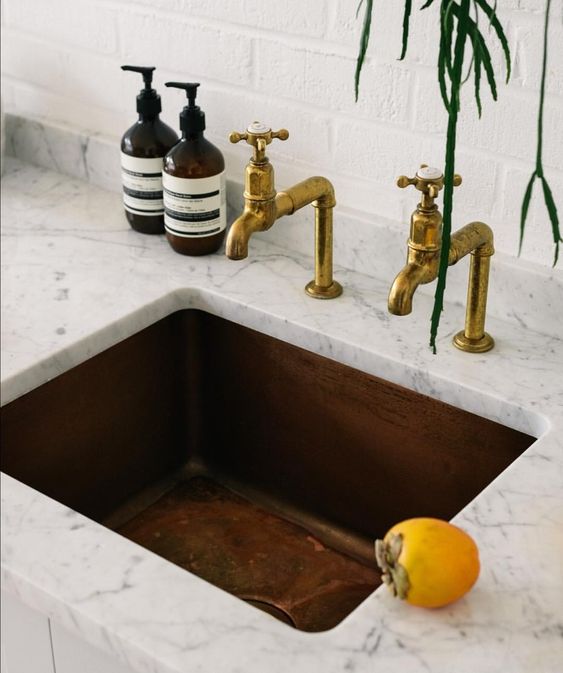
Drains in showers, bathroom basins, and kitchen sinks that aren’t equipped with garbage disposals are prone to blockage from food, hair, and other debris that accumulates with time and neglect. This may cause drainage pipes to get backed up, creating an inconvenient mess. Instead of letting it get to this point, and finding yourself frantically searching online for a plumber near me, consider investing in mesh sink strainers to catch things from going down the drain. Even garbage disposals can be sensitive and aren’t invincible to things like chicken bones, fruit pits, corn husks, and large quantities of starchy foods like pasta.
3. Take Care Of Your Toilet, And Don’t Assume Anything Goes
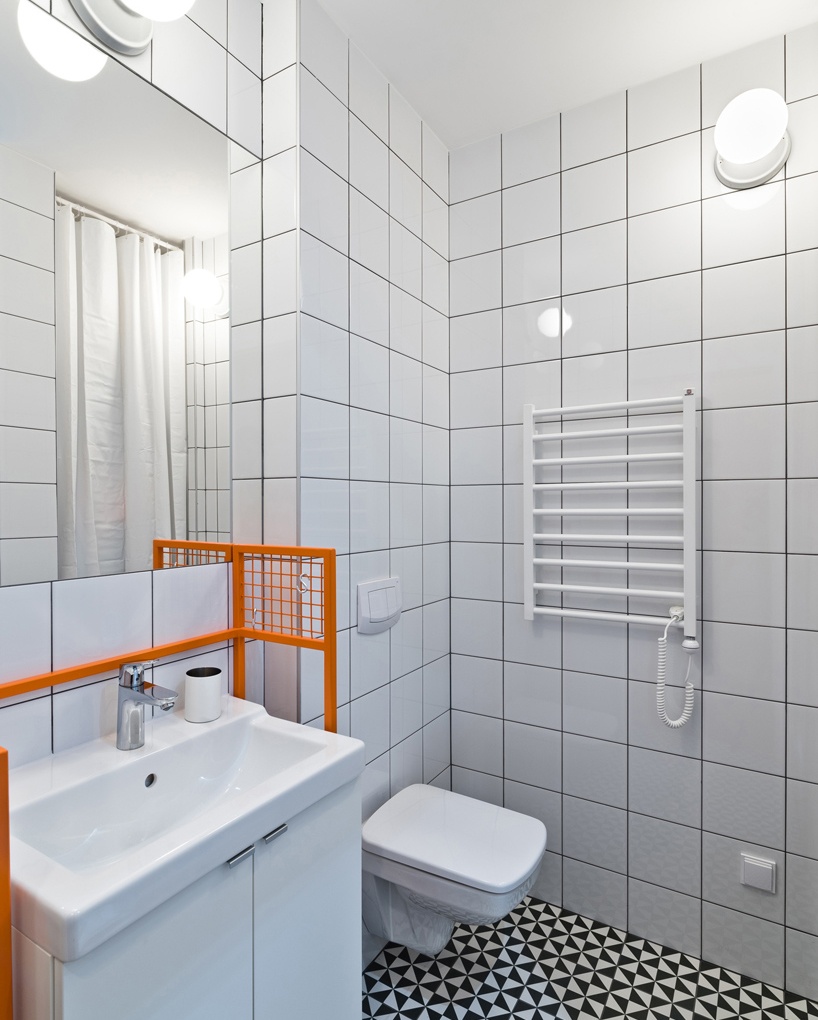
Bathroom interior by Agnieszka Owsiany ↑
An overflowing toilet is never pleasant to deal with, and depending on the source of the issue or how bad the flooding is, it can be very tricky and costly to repair. Older septic systems are particularly picky and difficult, so it’s always best to play it safe and avoid flushing anything that could cause a backup, such as diapers, feminine products, paper towels, leftover food (especially grease and oils), and so-called “flushable” wipes. These are all liable to cause an overflowing toilet and very unsanitary, watery mess.
4. Beware Of Chemical Treatments
Although it’s tempting to take care of drain blockage with the convenient, do-it-yourself solution of a de-clogging agent such as Drain-O down your sink or shower drain, you also put your pipes at risk, since these chemicals can cause deterioration and severe damage. Instead, it’s generally safer to use a chemical-free approach to blockages, with basic tools like a plunger or drain snake.
The same is true for drop-in toilet bowl treatments, which contain harsh chemicals that may contaminate the water running through the pipes and corrode them. These chemicals and their fumes are also health hazards to humans and animals and can irritate the skin.
There are also some natural alternatives you could try before calling a plumber to unclog a backed-up drain:
- Try pouring equal measures of baking soda and white vinegar (half a cup of each) together down the clogged drain and wait for at least thirty minutes, up to an hour, before tipping in a hot water rinse.
- Use an enzymatic drain cleaner that’s eco-friendly and toxin-free. Allow 24 hours for it to work, as the live enzymes need time to eat whatever is causing the clog. This works best in shower drains clogged by soap products and hair.
5. Maintain Water Heater Tanks
To avoid leakage and other issues, water heater tanks should be checked regularly throughout the year. This will also prolong the lifespan of your water heater, which can be very expensive and a nuisance to replace. It’s recommended that you drain your water heater tank a few times a year by about a quarter, to ensure the water quality is optimal and free from sediment and debris. Also, check for drips and other indications of leakage every month.
6. Check On Underground Sprinkler Systems
While the plumbing infrastructure inside of your home is important to understand, it’s equally integral to be familiar with the outside of your home. If you’re planning an excavation project, you should know which pipes are where below ground, and have a clear picture of where not to dig to avoid causing damage.
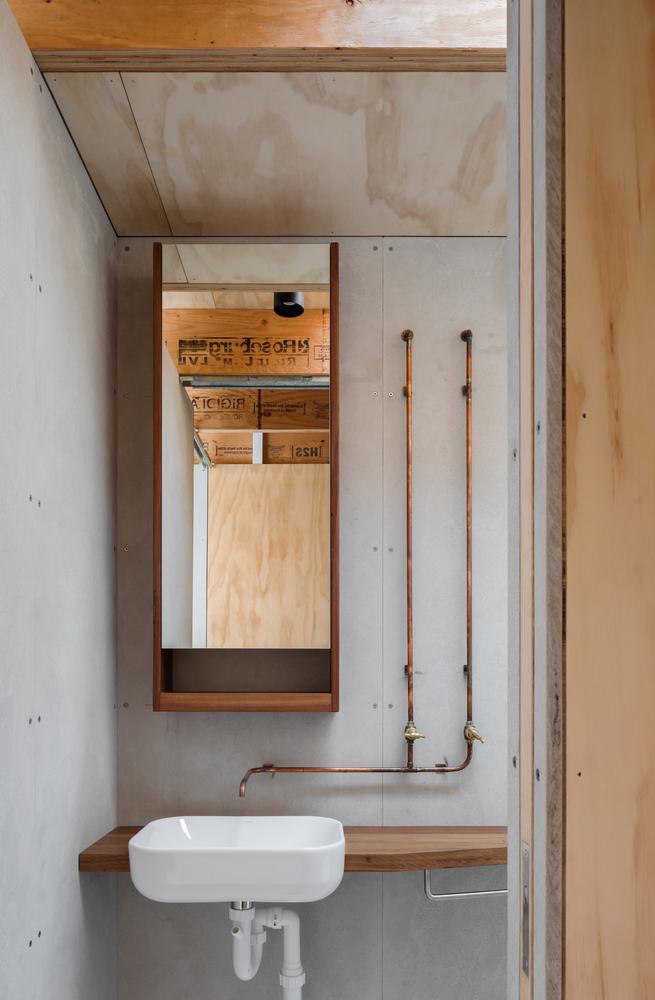
Also, make sure to inspect sprinkler heads to make sure they’re functioning properly before seasonal use, and winterize the system to prevent damage to underground pipes and water lines.
7. Know the Exact Location Of The Main Water Shutoff Valve
If you know where the main water shutoff valve is and check periodically to make sure it can turn without resistance, you’ll be able to turn it off in the event of a flood caused by burst pipes or overflows and get the situation under control before it gets much, much worse.
8. Make Sure That Your Plumbing System Has Proper Ventilation
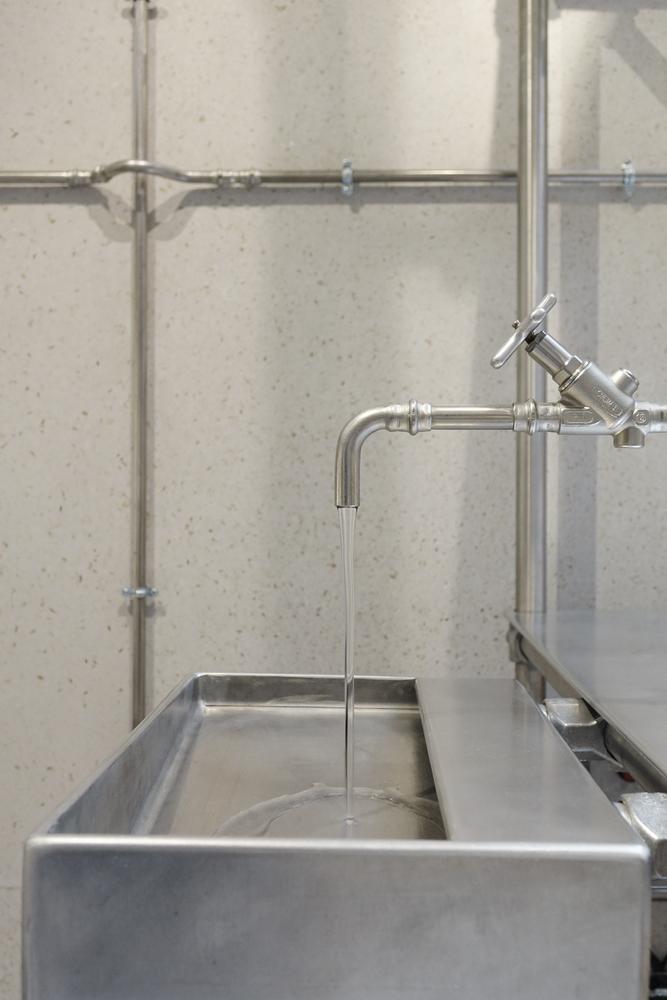
Ventilation is crucial to a solid plumbing system, as it allows the flow of water waste to pass through drain pipes and also eliminates odors and gases from your home. The proper choice of material for ventilation piping is also imperative. You should not cut corners or underestimate the value of vent pipes when it comes to indoor plumbing, since this is how you keep things running smoothly from end to end. There are dry and wet venting options available, and each approach has varied pros and cons. But, either way, the chosen ventilation should be properly installed to prevent water contamination and potential health hazards.
9. Consider Installing A Sump Pump
If you live in an area that’s vulnerable to natural disasters such as hurricanes and flash floods, it’s wise to take extra precautions to protect your home should these unavoidable events occur. Sump pumps are usually installed in the lowest level of the home, where water will first start to accumulate in a flood. It pumps out water as soon as it starts to flow in. A sump pump can save your home and belongings from being damaged or destroyed.
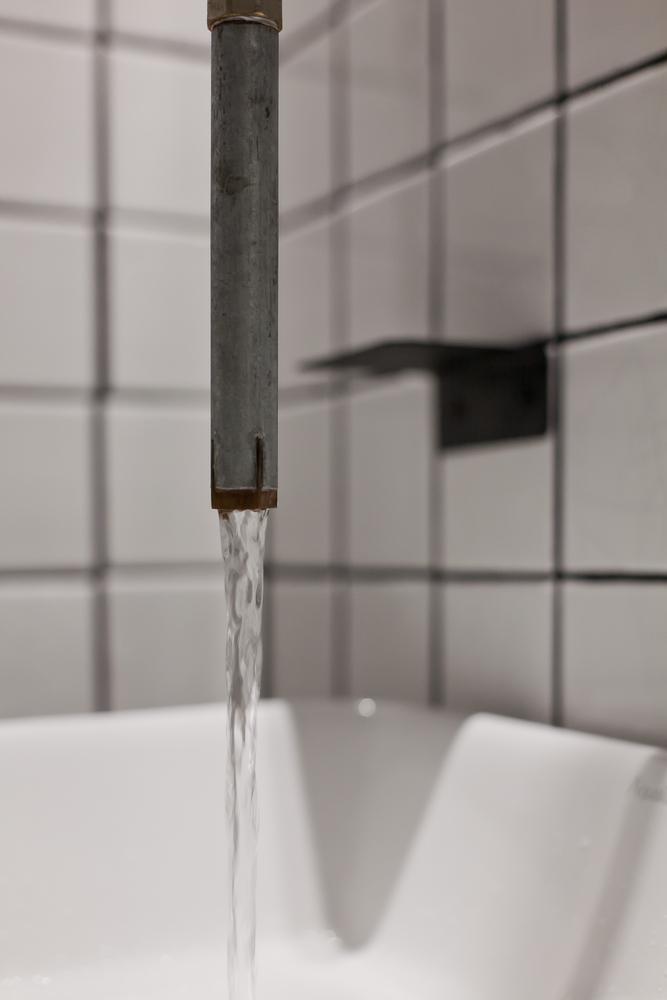
There are two basic kinds of sump pumps. A submersible sump pump operates underwater and is usually installed in a basement pit. Pedestal sump pumps sit above water and function by stopping water levels from rising higher. A water-powered sump pump may be a smart choice if the chance of intense storms puts you at risk of losing electricity. Having one installed just in case is an effective way of reducing the potential damage of flooding, whatever the source or cause may be.
10. Invest In Detect And Protect Technology
If you find you don’t have the time or tend to forgot routine maintenance checks on your plumbing system, the technology exists to monitor for leakage and other indications of malfunctions. When something is detected, an alarm is triggered, which will automatically shut down the main water supply to stop further damage. Alternatively, professional routine maintenance can be scheduled to ensure that everything is working as it should and there aren’t any potential problems on the horizon. Because residential plumbing is used so heavily on a daily, constant basis, regular annual inspections are a countermeasure to system breakdowns and invasive, costly repairs.
11. Maintain The Septic Tank System
One of the worst plumbing emergencies to be faced with is a failing septic tank. The septic tank is a crucial part of any residential plumbing system, and it requires regular servicing and maintenance to function properly and optimally. To prevent major issues from arising, the tank should be pumped and professionally assessed on a regular, scheduled basis, depending on the amount of waste that accumulates in the system. Even with regular yearly pumping, debris and solids will build up over time and cause blockage in the pipes between the tank and the designated drain field. The process of high-pressure water jetting may prevent this, and it’s generally recommended every 5 years. Adding live bacteria to the septic tank may also help its ability to function properly and efficiently, as these can breakdown the buildup of unnatural soap and detergent products.
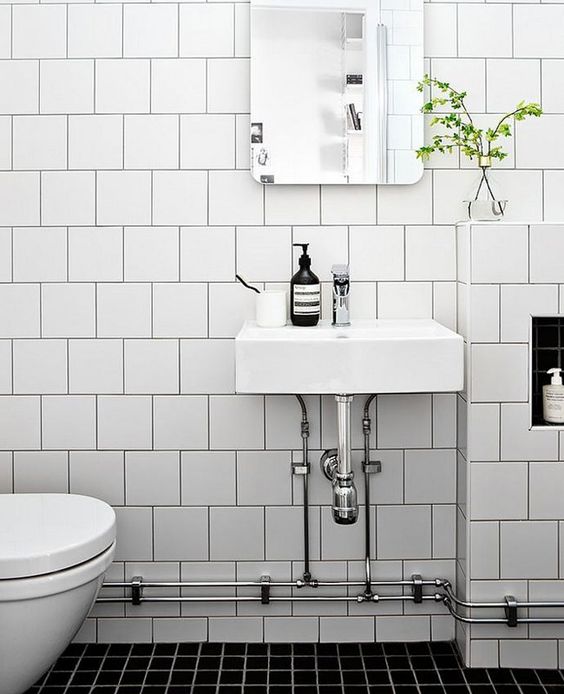
Even by taking extra good care of your plumbing through regular maintenance, scheduled inspections, and taking every precaution to mitigate the risk of plumbing disasters in the home, emergencies can still happen and must be addressed without any delay. There are some clear indicators that you could have a plumbing emergency on your hands and need to call a professional right away.
7 Critical Signs Of A Possible Plumbing Emergency
- Rust collecting around pipes or inlets, which indicates persistent leakage and possible flooding.
- Puddles in your yard or a foul odor, which could be a malfunctioning sewer or burst pipes.
- Gas leakage and strong gas odors inside the home, especially in the kitchen or near heaters.
- No warm or hot water when you take a shower, which could mean the water heater is in urgent need of repair.
- Internal leakage, which you may notice in the basement, or water stains on ceilings and walls.
- Frozen pipes are serious and can cause tremendous damage if they’re not addressed right away.
- Severely blocked drainage systems can cause flooding in the home.
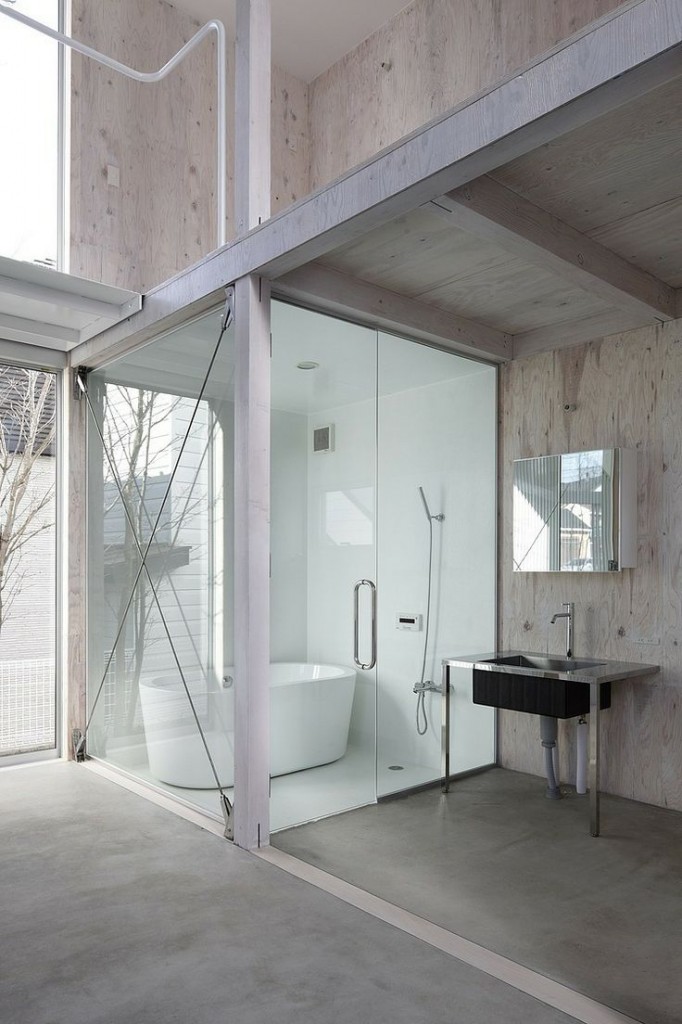
If any of these indicators pop up, here’s a list of things you should do while waiting for the plumber to assess the problem professionally:
- Shut off the main water valve to prevent further flooding and leakage.
- Apply water-proof tape to the leak if you can locate it.
- Turn off the water heater.
- Refrain from draining more and more water from the toilet.
Plumbing issues are common and sometimes unavoidable, but if you catch them in time and have them repaired as soon as you notice them, you should prevent more expensive repairs and potential damage caused by a delay in resolving the problem. Plumbing can be complicated—especially in older homes—and unless you really know what you’re doing and have the appropriate tools, it’s better to hire an experienced professional to take care of your plumbing problems. It’s advisable to get a few estimates from different companies or independent professionals if you’ve got the time and the problem isn’t too urgent. This way, you can get an idea of a fair price range for the repairs. You also don’t want to hire someone who is too inexpensive. Cheap repairs can lead to more problems and further damage, and will probably run you a much higher bill later on.
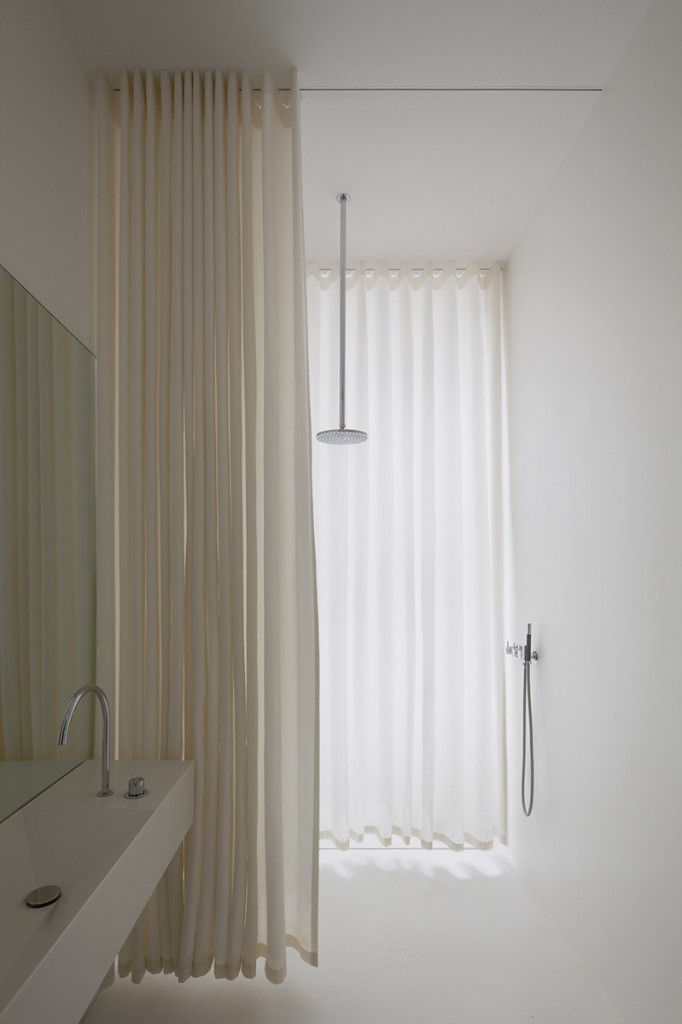
Conclusion
Whether you’re a homeowner or renter, whether your residence is a house or apartment, whether you live in an urban or rural area, you’ll be doing yourself a tremendous favor by taking precautions when it comes to your plumbing system. This can not only save you time and money, but also the aggravation of having to find a plumber at an affordable price and on short notice in the event of an emergency.

